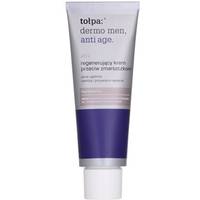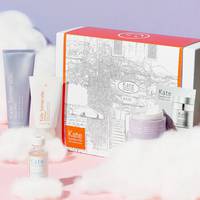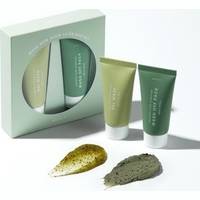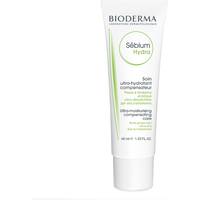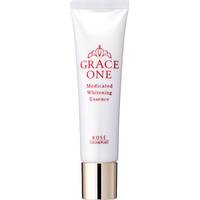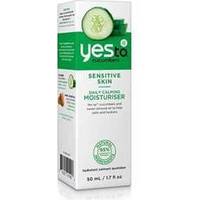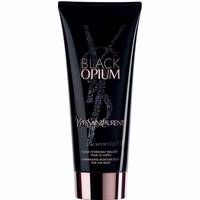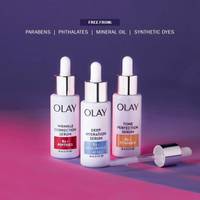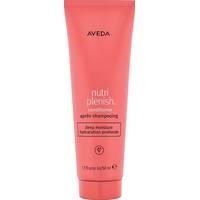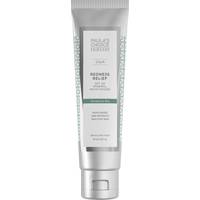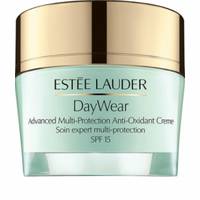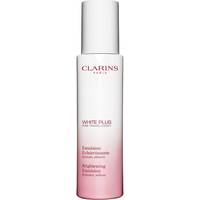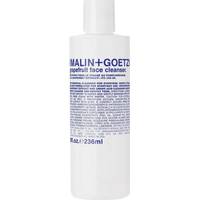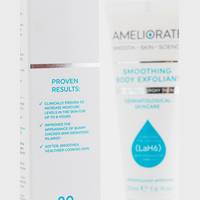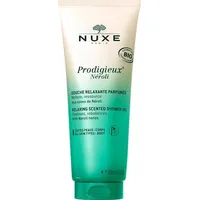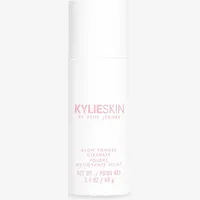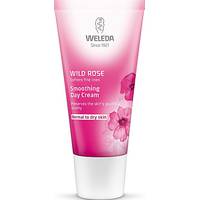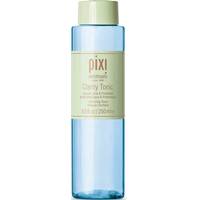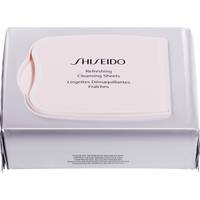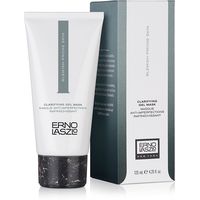Description
INGREDIENTS:Mangifera indica Seed Butter, Hydrogenated Jojoba oil, Zinc oxide (Non nano),Vitis Vinifera (Grape) seed oil, Rubus Idaeus Seed oil,Hemisqualane,Maranta Arundinacea- Arrowroot powder.A sunscreen for your child which is safe and environmentally friendly supporting a social cause.Protecting young children from harmful ultraviolet (UV) radiation is important not only for avoiding immediate consequences like painful sunburns, but also for minimizing skin cancer risk later in life.In their first few months, babies are much more sensitive to sun exposure than adults and older children. Their skin contains little melanin, the pigment that gives color to skin, hair and eyes and provides some sun protection. You may be tempted to reach for the sunscreen, but The Skin Cancer Foundation recommends waiting until the baby is 6 months old before introducing sunscreen. The best ways to keep infants sun safe are with shade and clothing.(Even though our sunscreen is safe from birth).Once your baby is 6 months old, it’s time to introduce sunscreen. This doesn’t mean it’s OK to forget all the other sun protection methods you’ve been using with your baby — covering up with clothing and seeking shade are still important. But as your baby gets older and you spend more time outdoors, sunscreen will help protect exposed skin, like the hands and face. Choose a broad-spectrum sunscreen (meaning it protects against UVA and UVB rays) with an SPF of 30 or higher. Look for sunscreens with zinc oxide and titanium oxide. These ingredients don’t need to be absorbed into the skin to work, so they’re less likely to cause a reaction on sensitive skin.You should choose a 'Broad Spectrum' sunscreen that will protect your skin from from UVA & UVB rays.SPF only measures how much a sunscreen will protect you from UVB rays, the type that cause sunburn. Only Broad Spectrum Sunscreens also protect you from UVA rays, the type that cause suntan and skin aging. Remember, UVB = burn, UVA = aging.Many sunscreens on the shelves, even those for babies and kids, offer little or no protection from UVA rays. Any "Broad Spectrum Sunscreen" or "UVA Protection" label claims must be proven by laboratory critical wavelength testing.Zinc oxide is the metal zinc that has been oxidized. The chemical formula is ZnO, 1 zinc atom and 1 oxygen atom held together by an ionic bond. Zinc oxide does occur in nature as the mineral zincite, but it is quite rare and commercially unavailable. We use zinc clear XP manufactured using mined zinc which is then purified into pharmaceutical grade zinc oxide.ZINC CLEAR XP: It is transparent/non-whitening, exceeds critical wavelength requirements, offers broad spectrum UVA/UVB protection, and is suitable for all skin types. This product is recommended for mass market suncare either as a sole UV filter, or in combination with other UV absorbers, low irritant or sensitive skin sunscreens, everyday moisturizers providing SPF, 'all natural' and 'mineral only' sunscreens, for infant/children suncare products, nappy rash creams and balms, colour cosmetics, and lip balms.Broad spectrum UV protection - UVB, UVA-I, UVA-IIMild suncare for sensitive skin types or sensitive areas such as face and neckChildren’s sunscreens suitable for young skin at risk of sensitisationUV protection for daily use products, for example daily protection from UVA damage, skin ageing, skin darkening, skin pigmentationAs an SPF booster and UVA absorber for suncare using organic absorbers or TiO2 ZinClear® XP active zinc oxide (ZnO) particles enables formulation of very safe mineral-based sunscreens, providing high SPF (up to 50) with exceptional high transparency, allowing the formulation of elegant skincare products that do not cause unacceptable whiteness on the skin. RED RASPBERRY SEED OIL:There’s been plenty of research over the years confirming red raspberry seed oil’s ability to absorb UV rays.The different types of UV radiation include UVB, UVC, and UVA. The risk of skin cancer varies depending on the type of radiation:UVC rays are absorbed by the atmosphere and don’t reach the earth’s surface. For this reason, it’s not a high risk factor for skin cancer.UVB radiation is linked to skin cancer because it can damage the top layer of skin and change the DNA in your skin.UVA radiation penetrates deep into the skin. Unprotected exposure to these rays can lead to premature skin aging and increase your risk for skin cancer.According to research, red raspberry seed oil can absorb UVB and UVC sun rays. But the oil offers limited protection from UVA. UVA rays increase the risk for skin cancer and other skin problems like wrinkles and premature aging. How much sunscreen to use:The Paediatricians recommend sunscreen's SPF using 2 milligrams of sunscreen per square centimeter (2mg/cm2) of skin. This is about 1oz for a full adult body (about a shot glass full) or about 1/3 of a teaspoon to cover your face. It's nearly impossible to actually measure and evenly apply sunscreen according to these guidelines, so we suggest applying a visibly whitening coat of sunscreen to all exposed skin and rubbing it in to reduce the whitening effect. To ensure that you have achieved full and even coverage, let this coat dry/sink in for 15-30 minutes and then reapply. Think of it as a base coat and finish coat.To maintain maximum effectiveness, sunscreen should be reapplied at least every 2 hours and directly after extended swimming or sweating. For sensitive skin, apply a small amount of the product to test before full use. Keep out of eyes and keep off broken or unhealthy skin.our sunscreens are used regularly for both face and body. We have additionally tested as non-comedogenic, which means that they will not clog pores. Although we have not tested every sunscreen individually, the base formulas of the sunscreens are very similar and we would expect similar test results. TESTING SUNSCREEN SPF:product needs to be tested within a controlled, reliable environment. Testing will be required to make labeling claims regarding your product’s SPF and UVA protection. Although sunscreens are most commonly tested, SPF testing will be required for any product that contains sunscreen actives.TESTS DONE ON OUR PRODUCT:ISO 24444 — Now adopted in nearly 60 countries, supportable claims include SPF number and sunscreen efficacy. This excludes the USA but includes countries such as Australia, Canada, China, Chile, New Zealand, India, Russia and various other global countries.ISO 24442 — In compliance with EU requirements, this method focuses on UVAPF — ultraviolet A Protection Factor. UVA has been linked to photoaging and skin cancer. When a product protects against both UVA and UVB radiation, this qualifies as a broad spectrum product.Broad spectrum efficacy — This measures a product’s absorbance of UV radiation across both the UVB and UVA spectrum.We have done both INVIVO/INVITRO with PF factor determination.Clinically tested and concluded to be SPF 30 with broad spectrum coverage.Clinically tested with a human test group of different phototype skin .Calculation of the label SPF- ISO24444( european & uk standard) and Australia / Newzealand test method.Testing done by CPTC labs with 40 years of experience and used by market leadersUVA and UVB tested with PF value with outcome of SPF 30Made with Zinc clear xp which is a non nano zinc and listed as non carcinogenic and coral/marine life safe.innovative packaging with knowledge sharing about sunscreen effects on oceans10p of each sale will be going to MARINE CONSERVATION SOCIETY.plastic free and recycled board packaging with biodegradable inks and glue. The best product for children suitable from birth to adults alike..Lets be sun safe the natural way and give back to good causes at the same time.
You may also like
Discover more









































